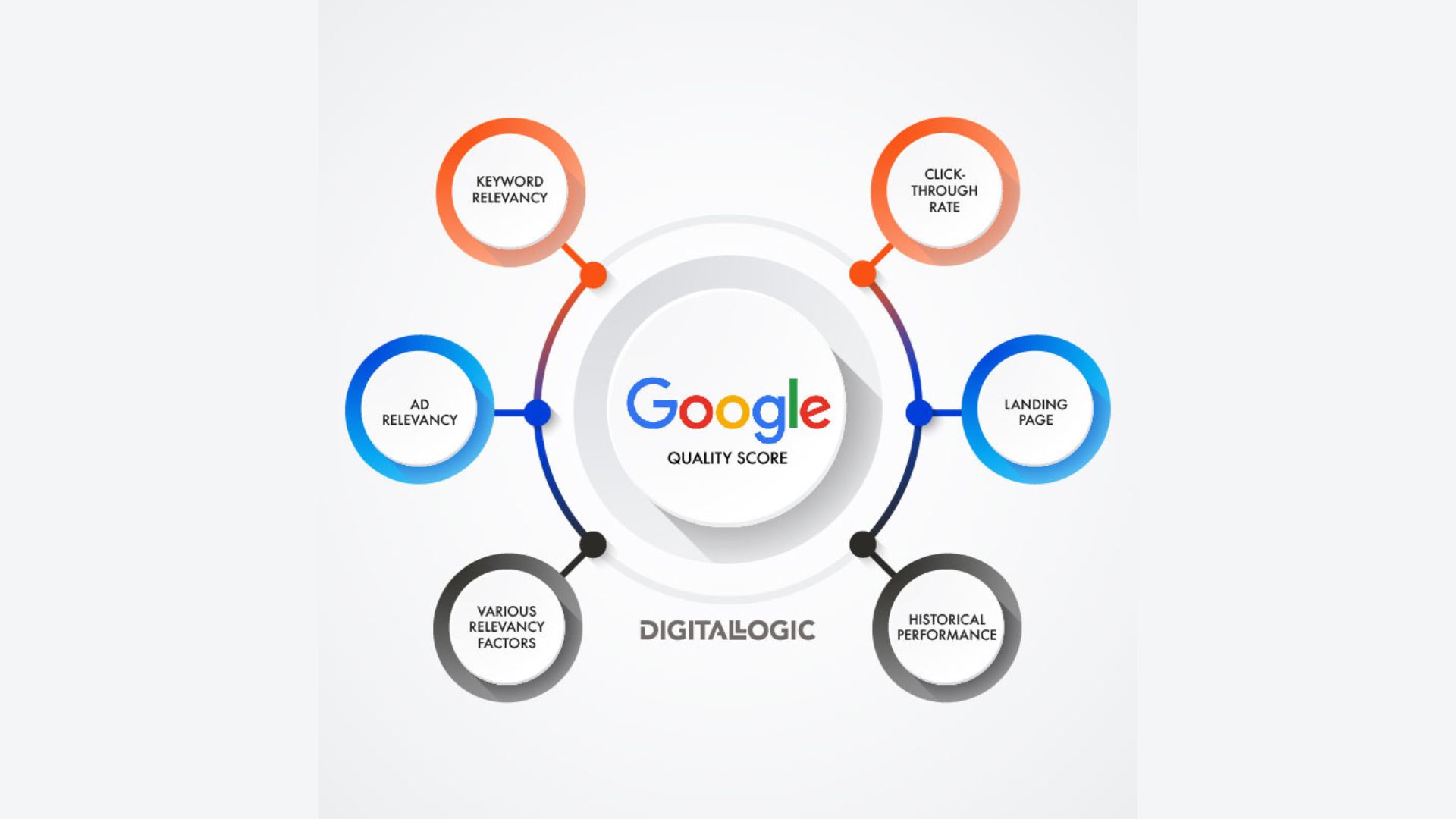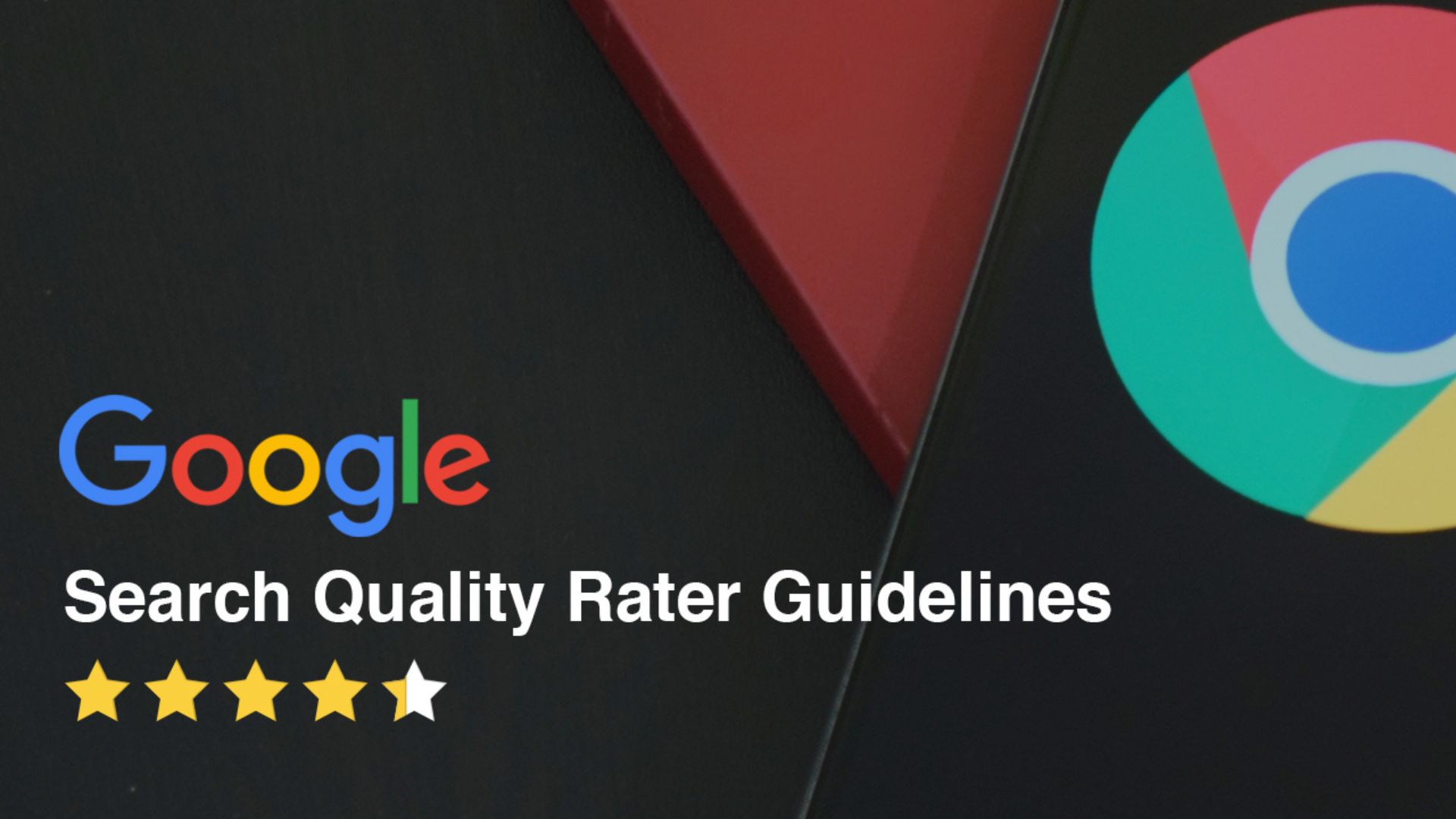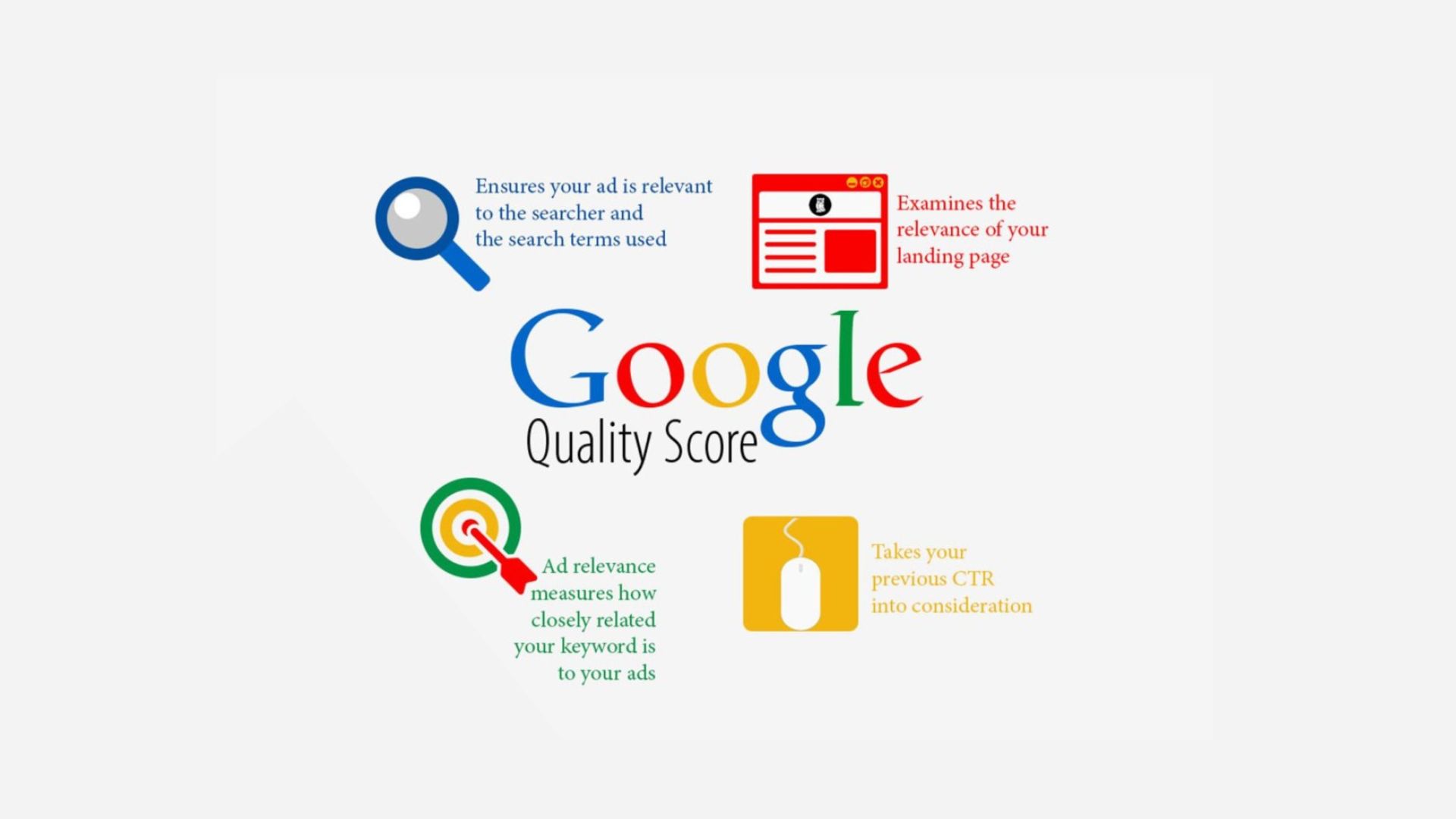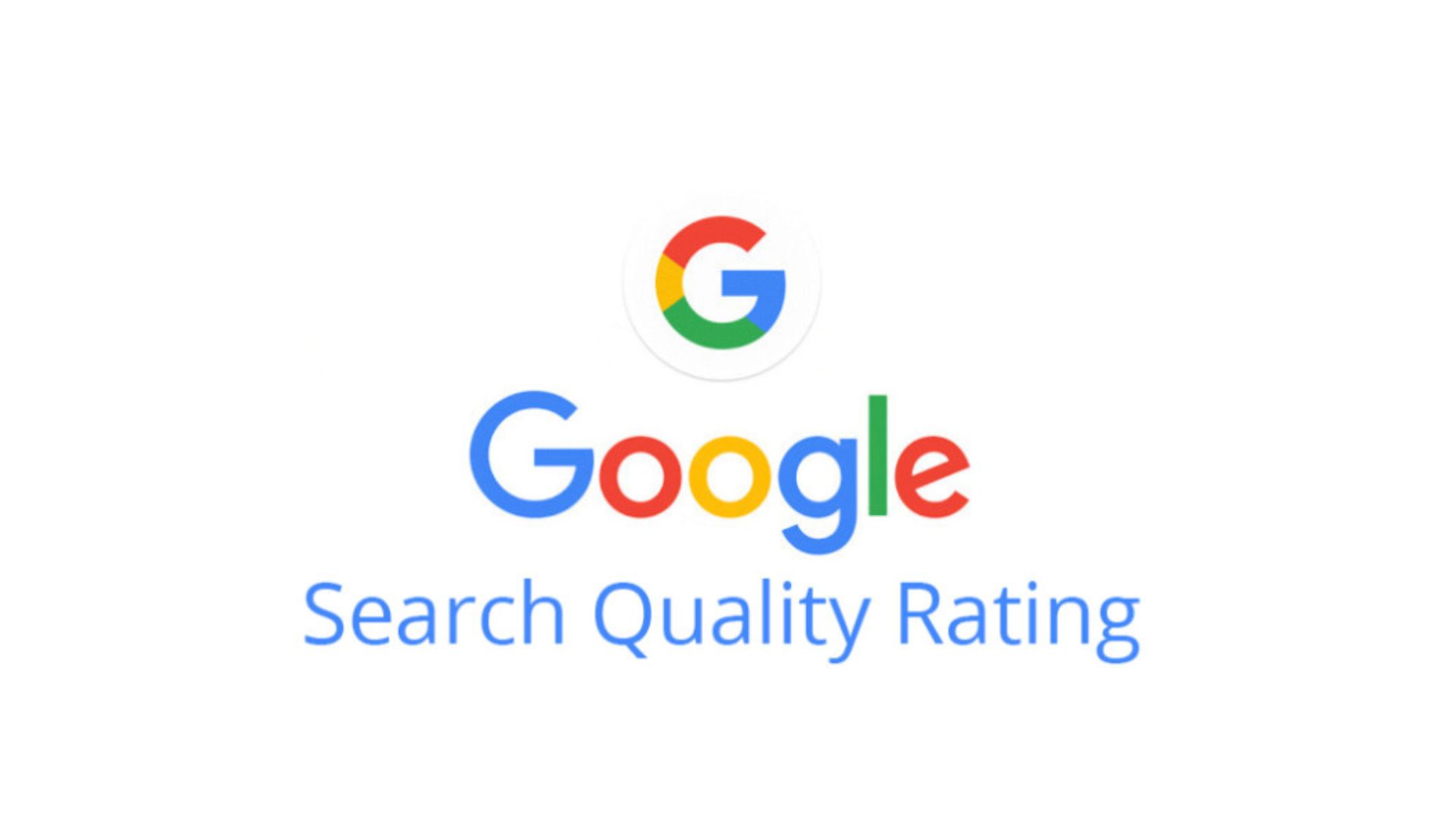Google Quality Rating And How Google Search Works
Google Quality Rating, often referred to as Google Quality Rating, plays a pivotal role in shaping the search engine giant's search results. Google Quality Rating, a crucial element in Google's search algorithm, is a meticulous evaluation process conducted by human raters to assess the relevance and reliability of search results.

Thomas Mitchell
Nov 24, 2023
The purpose of search engines is to assist users in locating accurate, pertinent, and helpful information. In order to do that, search engines need to offer a wide range of excellent search results that are shown to be most beneficial.
How does the Google search algorithm determine a website's quality? A framework that aids in addressing this query is provided by the Google Quality RatingGuidelines, commonly referred to as the rater guidelines. With the help of this framework, webmasters and SEOs may better grasp how the algorithm functions and adjust their strategies accordingly.
What Are Search Quality Ratings?
Search Quality Ratings are evaluations conducted by third-party contractors, known as Google Quality Ratings, to assess the quality of search results and provide feedback to search engines like Google.
These ratings help search engines understand which changes make search results more useful and improve the overall user experience. The guidelines discuss two different rating types: a Needs Met rating and a Page Quality rating.
Google uses these ratings gathered from Search Quality Ratings to decide whether to provide high-quality search results. After making adjustments to the ranking algorithm, Google needs to know that the improvements are helping users. Therefore, this information is helpful to Google.
Even when pages are given ratings, the ranking of a single page or website is not affected by a single rating. The usage of ratings enhances search results.
" These ratings do not directly impact ranking, but they do help us benchmark the quality of our results and make sure these meet a high bar all around the world."
Additionally, the ratings offer more information to enhance algorithms:
According to Google,
" Raters also help us categorize information to improve our systems. For example, we might ask what language a page is written in or what’s important on a page. "
What Is Google's Page Quality Rating Process?
Have you ever wondered how Google decides which web pages are more trustworthy and relevant than others? Well, it's all thanks to Google's Page Quality (PQ) rating process. This process helps Google determine how well a webpage fulfills its intended purpose, and it involves three essential steps that make the Internet a safer and more informative place for all of us.
Step 1 - Understanding The Purpose
The first step in the PQ rating process is to figure out what a webpage is meant to do. Every webpage has a purpose, whether it's to provide news, sell products, offer educational content, or something else entirely. Google's human raters, who play a vital role in this process, start by understanding the primary goal of the page.
For example, they recognize that a news website's homepage is designed to inform users about recent events. It's important to note that different types of web pages have different purposes, so the standards for evaluating them vary accordingly.
Step 2 - Identifying Harmful Intent
If a webpage is found to have a harmful purpose or is trying to deceive users about its true intent, it gets the lowest possible rating on the PQ scale. Google takes the safety and trustworthiness of its search results seriously. So, if a webpage is harmful to people or society, untrustworthy, or spammy, it doesn't stand a chance.
This helps protect users from potentially dangerous or deceptive content. However, it's important to distinguish between controversial or disagreeable content and genuinely harmful content, as Google only targets the latter.
Step 3 - Determining The Rating
The final step is where the web page's quality is rated on a scale from lowest to highest. This rating depends on how well the page fulfills its intended purpose. The human raters take several factors into account:
- Main Content (MC) Quality- They assess whether the main content of the webpage is of high quality. High-quality content requires effort, originality, and skill to create.
- Information about the Website and Creator- Google wants to ensure transparency. Ratios check if it's clear who is responsible for the webpage and its content, even if they use an alias or username.
- Reputation- Real user experiences and the opinions of experts in the subject matter determine a web page's reputation. A positive reputation is a sign of trustworthiness.
Google's PQ rating process helps ensure that the search results you see are not only relevant but also safe and reliable. It's all about delivering a better online experience for everyone.
So, the next time you search for something on Google, you can be confident that the PQ rating process is working behind the scenes to bring you the best and most trustworthy results.
What Is Google's Needs Met Rating Process?
Google's Needs Met rating process is a crucial part of how the search engine ensures the quality and relevance of its search results. In simple terms, it's a way for Google to assess how well a search result addresses the needs and intent of a user when they perform a search.
Imagine you're searching for something on Google, like "coffee shops." Google wants to make sure that the results it provides are not only relevant but also satisfy your specific intent. For instance, if you're in London, the search engine should understand that you're likely looking for coffee shops in London.
However, some search queries may have multiple meanings. For instance, if you search for "mercury," it could refer to the planet or the chemical element. Google's goal is to provide results that match your current intent, and they assume you want up-to-date information.
Step 1 - Determining User Intent
This step involves understanding what a user is looking for based on their search query and, if relevant, their location. For example, if you search for "coffee shops" in London, Google should recognize that you intend to find coffee shops in that city. Raters, who are human evaluators, also consider the current meaning of the query when assessing results.
Step 2 - Determining The Rating
The Needs Met (NM) rating is assigned based on how well a search result meets the user's intent. Raters evaluate the search results considering several factors:
- Relevance - Does the result align with the search query? In our coffee shop example, do the results include information about coffee shops in London?
- Comprehensiveness- Are the results detailed and comprehensive, providing a wide range of information related to the query?
- Freshness - Is the information up-to-date? For instance, in the case of "coffee shops," are the results current, or are they showing outdated information?
- Authority - Does the result come from a trustworthy and authoritative source? Google aims to prioritize results from reputable websites.
- User Satisfaction- Ultimately, the goal is to provide results that satisfy the user's needs to the extent that they don't feel the need to look for additional results.
The rating can range from "Fully Meets" to "Fails to Meet." If a result receives a "Fully Meets" rating, it means that it perfectly aligns with the user's intent, is comprehensive, up-to-date, authoritative, and leaves the user fully satisfied. On the other hand, a "Fails to Meet" rating indicates that the result doesn't adequately address the user's needs.
Google's Needs Met rating process helps ensure that the search engine delivers results that are not just relevant but also valuable and aligned with what users are searching for, ultimately enhancing the overall search experience.
Relationship Between Page Quality And Needs Met Rating
Are you curious about the connection between the Needs Met rating and Page Quality?
Caliber, when evaluating the inquiry and the outcome, raters utilize the Needs Met rating. Raters interpret the query to determine the user's intent. The rater's ability to assess whether the result fits the query is aided by knowing the user's intent.
The question is not reflected in a Page Quality ranking. It just concerns the outcome. Here, the website's or web page's quality is taken into account in relation to its intended use. The next step is for Quality Raters to determine if the material is a trustworthy and valuable source of knowledge.
The two ratings are not related to one another. It is possible to receive both a high Page Quality and a bad Needs Met grade. On the other hand, you would be less likely to obtain a high Needs Met rating if you had a low Page Quality rating.
Categorized By Google As YMYL
Any page that includes information that might have a significant impact on someone's future, happiness, health, money, or safety is categorized by Google as YMYL. These pages are thus subject to considerably more stringent regulations.
The Google Quality Rating Guidelines break down YMYL into four categories. You should focus mainly on this section if any of these apply to your website or web pages:
Health Or Safety - Topics That Harm Well-Being Or Endanger Safety
Medical advice is among the many websites that offer health and medical information. Google also takes into account websites that discuss topics other than prescription drugs and common medical ailments, such as diet and specialized health issues.
If your website fits into this category, you should generally contain information written by medical professionals and links to reputable medical boards. Establishing credibility requires you to back up your content with reliable and accurate statistics.
Financial Security Topics That Undermine Financial Stability
These pages are devoted to financial information, including guidance on loans, banking, insurance, investments, taxes, and retirement planning, among other topics. This information directly impacts the future and happiness of an individual; thus, having accurate and current data to back up your recommendations is essential.
This is true for any online business or website that takes orders and payment information, as well as websites that allow bill payment and banking online. If any of these categories apply to your website, you need to make sure that every step of the transaction process is smooth, secure, and highly safe.
Society - Topics That Negatively Impact Groups And Public Trust.
All legal advice and information pages are categorized as YMYL by Google. In the event that you manage an online news site, especially one catering to the general public, you will need to ensure that all content is regularly updated, factual, and written with integrity.
With the speed at which news is released these days, no one wants to read outdated information. People are reading news stories from the previous day less and less. Readers are also put off by news that needs to be more accurate or contain malign intent for apparent reasons.
This category reasonably belongs under YMYL, as the information given has the potential to affect people's lives either directly or indirectly. Take great care to ensure that the language used to communicate meaning is accurate, and the information is accurate.
Other - Topics That Are Harmful To Individuals Or Society
Numerous other pages that come under YMYL and only fit into some of the categories above will always exist. Immigration, child custody, divorce, and even construction are a few examples.
It is essential to constantly update your pages and give visitors the most recent legal information because laws and regulations in these areas may change over time. Just keep in mind that websites will be considered YMYL as long as they contain anything that might adversely affect users' prosperity, happiness, safety, or health.
What Are The Google Quality Rater Guidelines?
The Google Quality Rating Guidelines provide guidelines for assessing website quality, sometimes referred to as the Quality Evaluator Guidelines. These suggestions are meant to enhance the Google search algorithm and provide users with an even better experience.
The quality raters conduct sporadic checks to see if the websites that are included in the search results are pertinent and beneficial to users, following the guidelines provided by Google.
If we summarize the more than 170 pages of quality rater rules in one sentence, we should state that they serve to ensure that Search returns pertinent results from the most trustworthy sources.
The core of search is information quality, and Google's methods are designed to surface high-quality content. By offering a precise, standard description that all raters may use to evaluate the outcomes they observe, the rater guidelines assist raters in determining if a planned improvement is accomplishing that aim.
More precisely, content that exhibits E-A-T, or expertise, authority, and trustworthiness on a subject, is considered high-quality information. For instance, a health website created by a medical institution and featuring information from physicians would be highly regarded for its knowledge, authority, and reliability.
The rater rules define low-quality online material as anything that propagates hate speech or tries to mislead viewers.
What Does Google Classify As A High-Quality Website?
Helping users rapidly locate relevant, high-quality sites is the overarching goal of Google's Search Quality Guidelines. They achieve this by decreasing the site ranks for websites that deliver low-quality material.
Asking yourself a few critical questions about your website may put you in Google's shoes and provide you insight into what factors make up what they consider to be a high-quality website.
- Can you trust the information on the website?
- Is the content written by someone who knows the subject well?
- Are there any factual, spelling, or stylistic mistakes?
- Is the content original?
- Is the information provided comprehensive or shallow?
- Would you bookmark or share this page with another friend or peer?
Why Are Search Quality Rater Guidelines Important For SEO?
Search Quality Rater Guidelines are essential for SEO because they provide valuable insights into how Google evaluates and ranks content. By understanding these guidelines, website owners can align their content strategy with Google's expectations and improve their website's search quality.
The guidelines emphasize the importance of understanding the purpose behind users' search queries and aligning content accordingly. Quality Raters assess various factors to determine the quality of a webpage, such as its purpose, content relevance, and trustworthiness.
They evaluate the expertise and authoritativeness of the content, as well as the overall user experience. Understanding these guidelines is crucial for optimizing website content and achieving higher rankings in Google search results.
By providing better search results for Google to display, SEOs are an essential part of Google maintaining its ad revenues. This means the publicly available Search Quality Rater Guidelines are part of a tacit agreement between SEOs and Google. If we make their search results better, they will reward us with higher rankings.
Understanding the Search Quality Rater Guidelines is crucial for website owners looking to succeed in the digital world and improve their website's search quality.
Tips For Getting High Page Quality Rating From The Raters
To achieve a high page quality rating from Google's Quality Ratings, it is essential to focus on several key factors that influence the overall quality of a web page. Here are some tips based on the information from the search results:
Clear Purpose
Ensure that the page fulfills a beneficial purpose and meets the needs of its audience. The content should be comprehensive, accurate, and original and demonstrate expertise, authority, and trustworthiness (E-A-T).
Content Quality
Create high-quality, original, and comprehensive content that is well-structured, engaging, and serves a clear purpose. The content should demonstrate effort, originality, talent, or skill invested in its creation.
Page Structure And Design
Please pay attention to the page structure and design, ensuring that it is user-friendly and well-organized and enhances the overall user experience.
Reputation And Authority
Build and maintain a strong reputation and authority for the website. This can be achieved through positive reviews, news articles, business directories, Wikipedia posts, and other independent sources of information.
User Satisfaction
Focus on user satisfaction by providing supplementary content, such as videos, PDFs, manuals, user reviews, and ratings, to enhance the overall user experience.
Google Quality Rating - FAQs
What Is Google's Quality Rating?
Google continuously assesses the quality of search results using our Search Quality Rating Process.
How Does Google Measure Search Quality?
In order to provide you with the most relevant information, search engines use a variety of signals and criteria, such as the terms you use in your query, the authority of the sources, the relevancy and usability of the sites, and your location and settings.
Why Is Google Quality Score Important?
In comparison to other marketers, a higher Quality Score indicates that your ad and landing page are more pertinent and helpful to someone looking for your term.
Considering All Of The Facts
Google Quality Rating system, guided by the Quality Evaluator Guidelines, is essential for maintaining the integrity of search results. Search Quality Ratings, comprising Needs Met and Page Quality ratings, help refine results and improve user experiences. While not directly affecting rankings, they provide valuable insights for Google.
Page Quality and Needs Met processes ensure relevance and safety in search results. They consider content quality, relevance, comprehensiveness, freshness, and authority to align with user intent. Quality Score influences ad quality and cost in Google's advertising ecosystem, emphasizing click-through rate, keyword relevance, landing page quality, ad copy, and historical performance.
The Google Quality Rater Guidelines offer insights for SEO, emphasizing purpose, content quality, page structure, reputation, and user satisfaction. Understanding these aspects is vital for enhancing website search quality, benefiting users and web admins alike.




